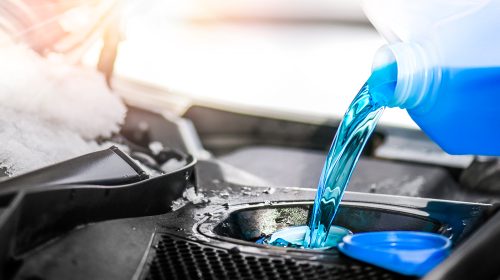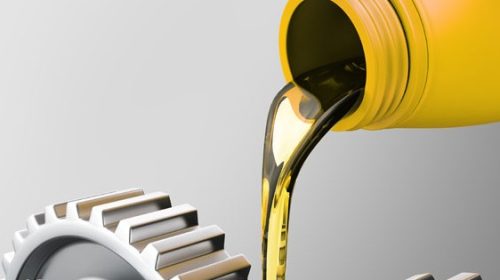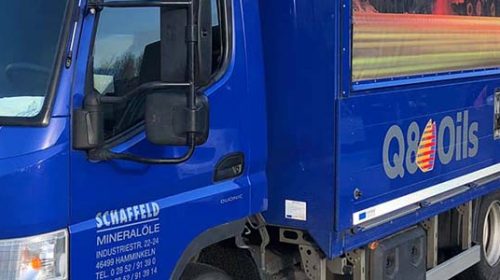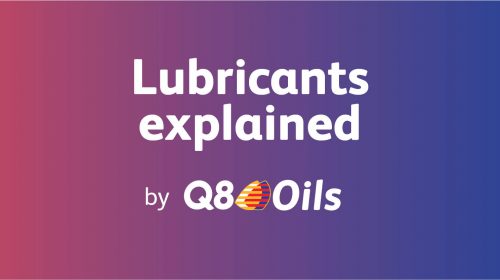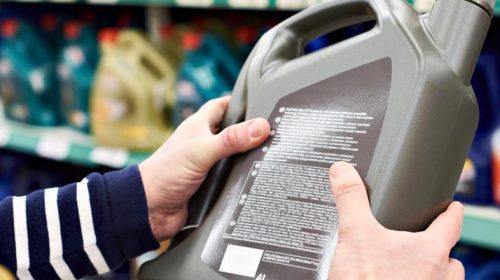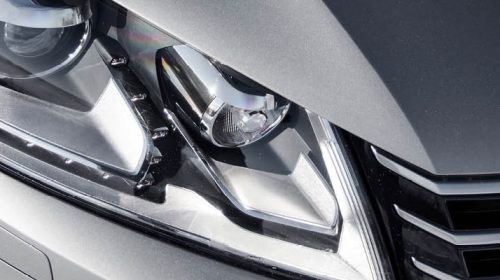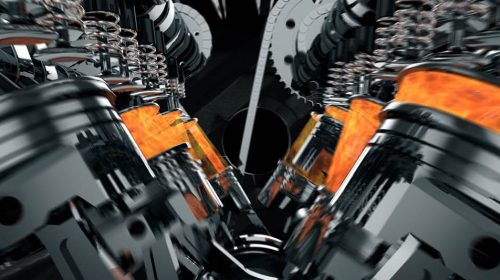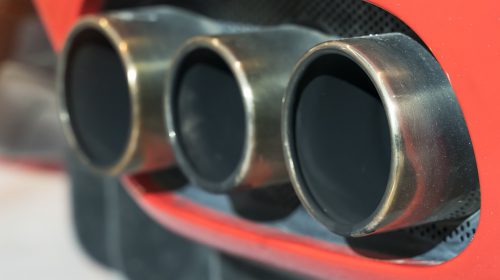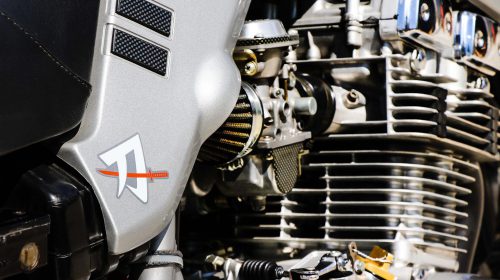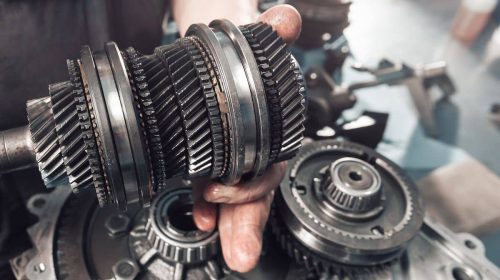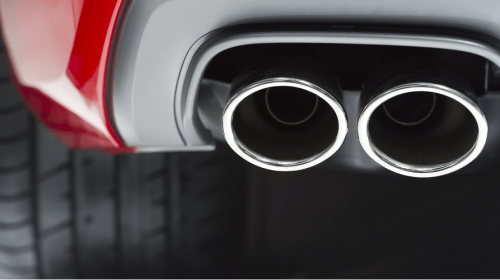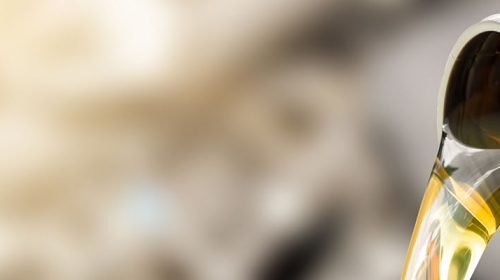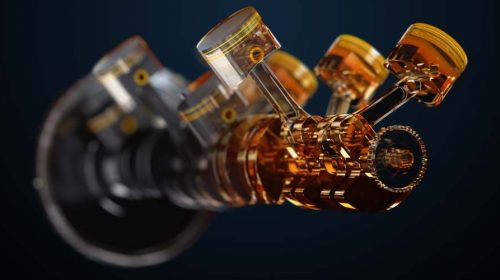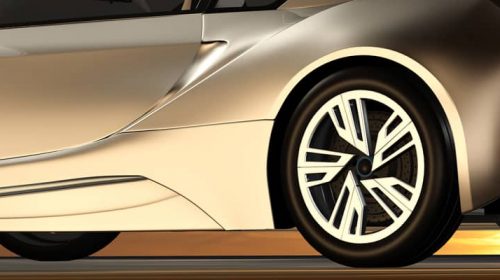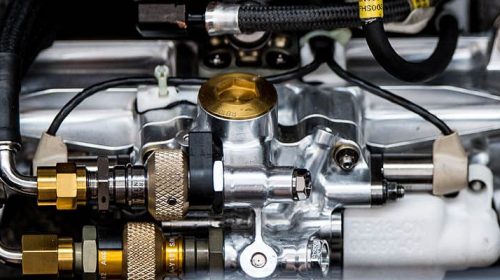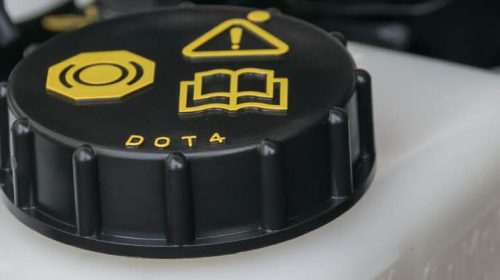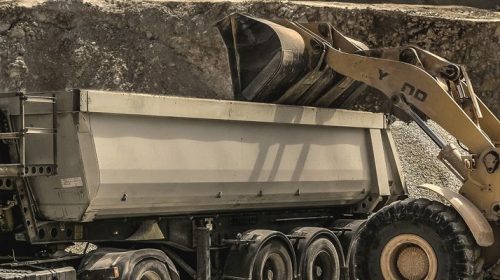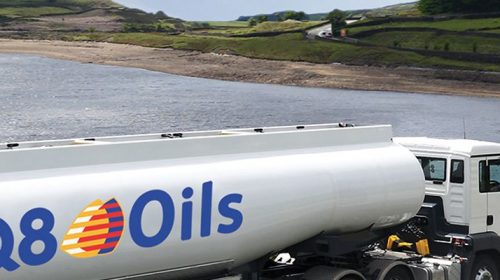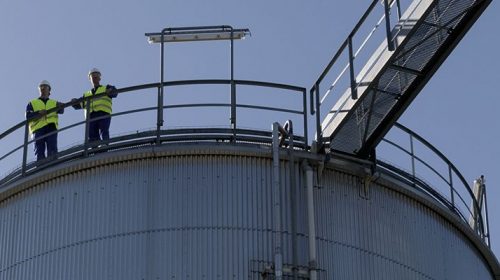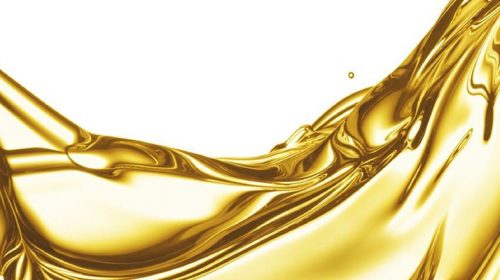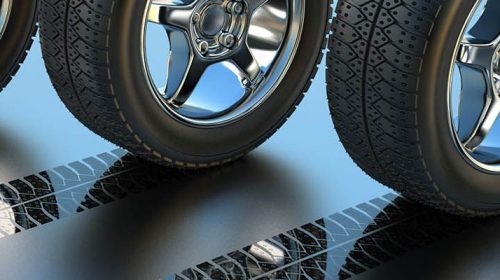Diesel particulate filters (DPFs) have been fitted to both heavy and light duty vehicles for a number of years. Emissions legislation around the world are becoming more stringent and are focused on gaseous emissions such as nitrogen oxides as well as particulates formed during the combustion process, and it is becoming increasingly important to reduce these harmful by-products through a variety of onboard devices.
As the name suggests, diesel particulate filters are fitted to vehicles as an exhaust after- treatment device and are usually visually apparent. The filter consists of a porous substrate, usually made of a ceramic material, through which the exhaust gases travel. Each end of the filter is blocked, thus forcing the gas through the substrate wall. The principle is that the wall allows the gas to pass through while blocking the passage of particles. The filter is regenerated by burning the soot, a process carefully controlled by the engine management system. However, if the DPF becomes blocked by ash on the substrate wall, the efficiency of the unit is drastically reduced as the back pressure increases.
If a traditional engine oil is used, the metallic additive chemistry behind the anti-wear components and detergents can lead to the formation of ash, which blocks the substrate wall and restricts the flow of exhaust gas. This results in back pressure, a loss in efficiency and consequently reduced fuel economy.
It is therefore essential to use a special category of lubricant, namely low SAPS, referring to Sulphated Ash, Phosphorus and Sulphur. These oils are specially formulated to ensure that blockage of and damage to the DPF is avoided and that vehicle efficiency is maintained.
Q8Oils presents: Q8 Formula Prestige V 5W-30
- Optimal fuel efficiency (savings up to 2,28 %)
- Fully compatible with aftertreatment devices such as GPF’s (gasoline particulate filters)
- Superior protection against LSPI (link to article)
- Successfully passed the VW Baumuster 2020 test programme
No products found.







